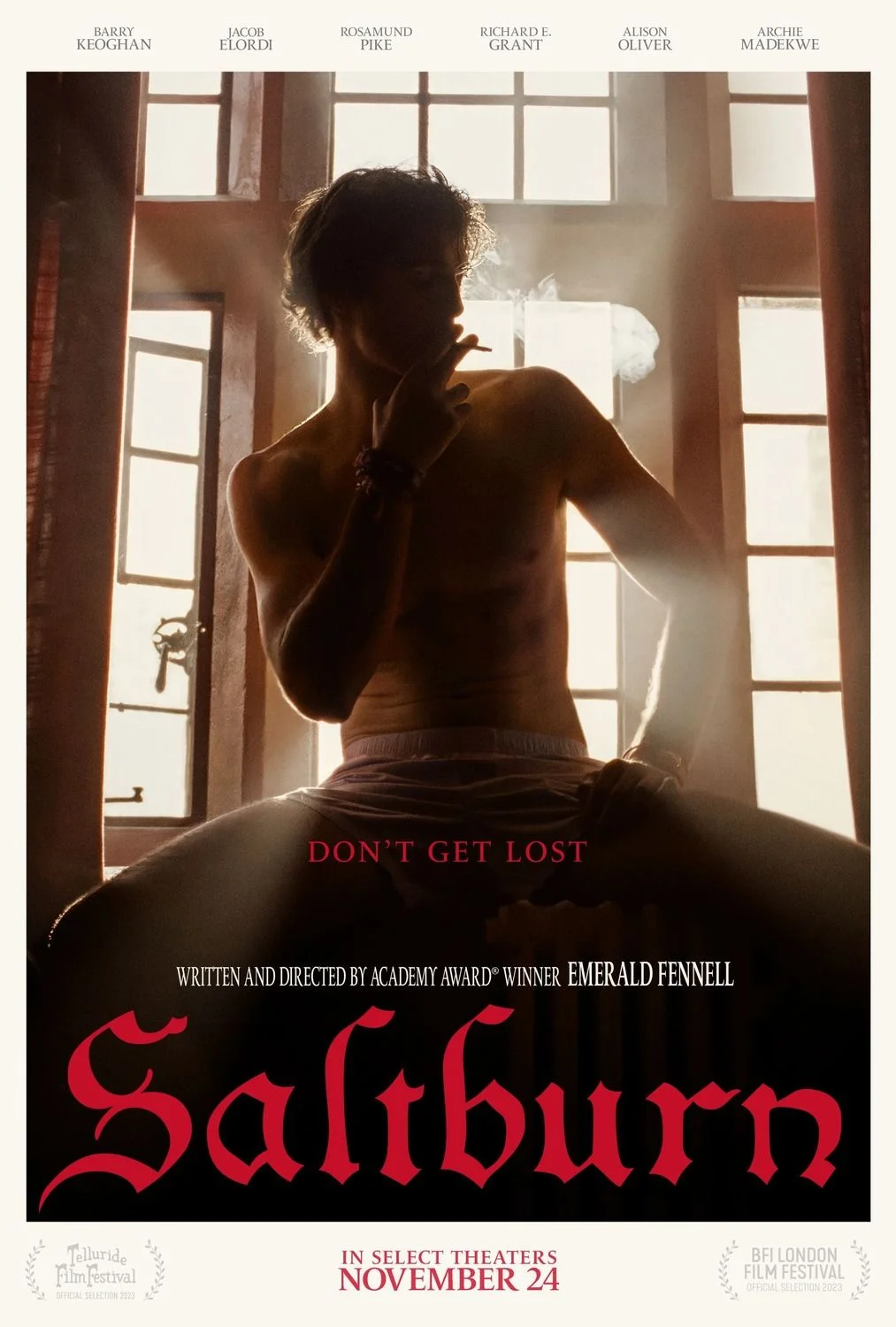The Problem with Today’s Trailers
Margot Robbie, a name synonymous with talent and versatility in Hollywood, has brought to light a critical issue plaguing the film industry: overly revealing movie trailers. In a candid conversation with Variety, Robbie expressed her disdain for the current trend of trailers, stating, “There’s got to be an element of mystery. I hate trailers that have the whole movie condensed to two minutes.” This sentiment echoes a concern many moviegoers share, as they find key plot points and twists spoiled before even stepping into the cinema.
A New Era of Teasers: Tasters
In the quest to preserve the enigmatic allure of cinema, Robbie proposed an innovative marketing strategy for the promotion of “Saltburn,” a film produced by her company, LuckyChap Entertainment. Instead of traditional 30-second trailers, Robbie suggests “tasters,” brief 7 to 10-second clips designed to intrigue audiences without revealing too much. This approach reflects a broader trend in marketing: the move towards concise, impactful content that engages audiences in an era of short attention spans.

Behind the Scenes of Saltburn
As the world anticipates the release of “Saltburn,” directed by the multi-talented Emerald Fennell, Margot Robbie and her team have been diligently working to present the film in a unique light. Fennell’s black comedy, set in the mid-2000s, delves into the complex web of privilege and desire through an ensemble cast of characters, including Barry Keoghan’s Oxford man, Oliver Quick. Robbie praises Fennell’s ability to draw audiences into the world she creates, describing it as “immediately immersive” and highlighting the film’s capacity to provoke and engage viewers.

Embracing the Edgy: The Impact of Saltburn
“Saltburn” promises a journey filled with scandalous and provocative moments. Robbie’s reflections on the film’s narrative approach reveal a balance of sophistication and rawness, aiming to leave audiences both disturbed and enthralled. As she notes, Fennell seeks to make viewers complicit in the narrative, creating “watercooler moments” that linger long after the credits roll. This strategy aligns with the growing demand for content that not only entertains but also challenges and stimulates discussion.

As “Saltburn” prepares to stream on Prime Video, audiences are invited to experience the thrill and mystery that have become synonymous with Robbie’s and Fennell’s creative vision. Through their collaborative effort, the film industry is reminded of the power of subtlety and the enduring appeal of the unknown. As the landscape of movie marketing evolves, Robbie’s critique and innovative approach set a new standard for how films are introduced to the world, ensuring that the magic of cinema remains intact for future generations.









